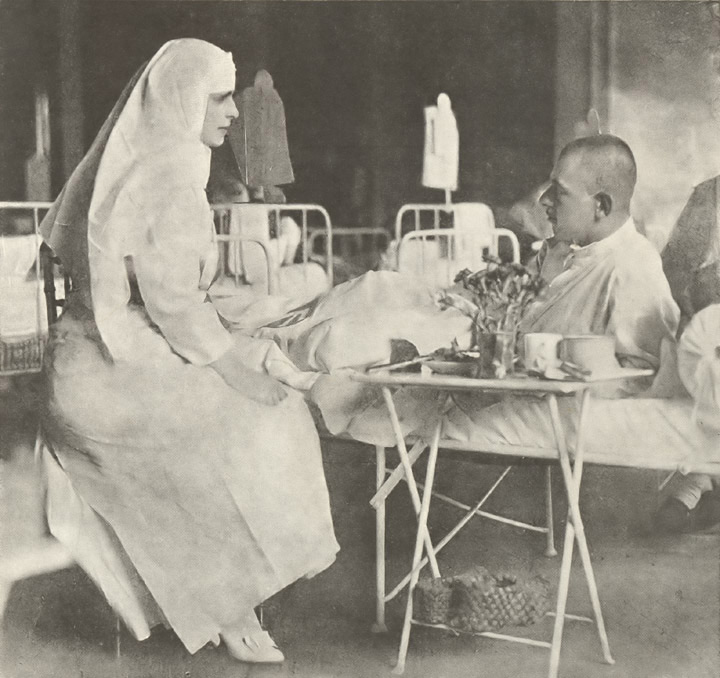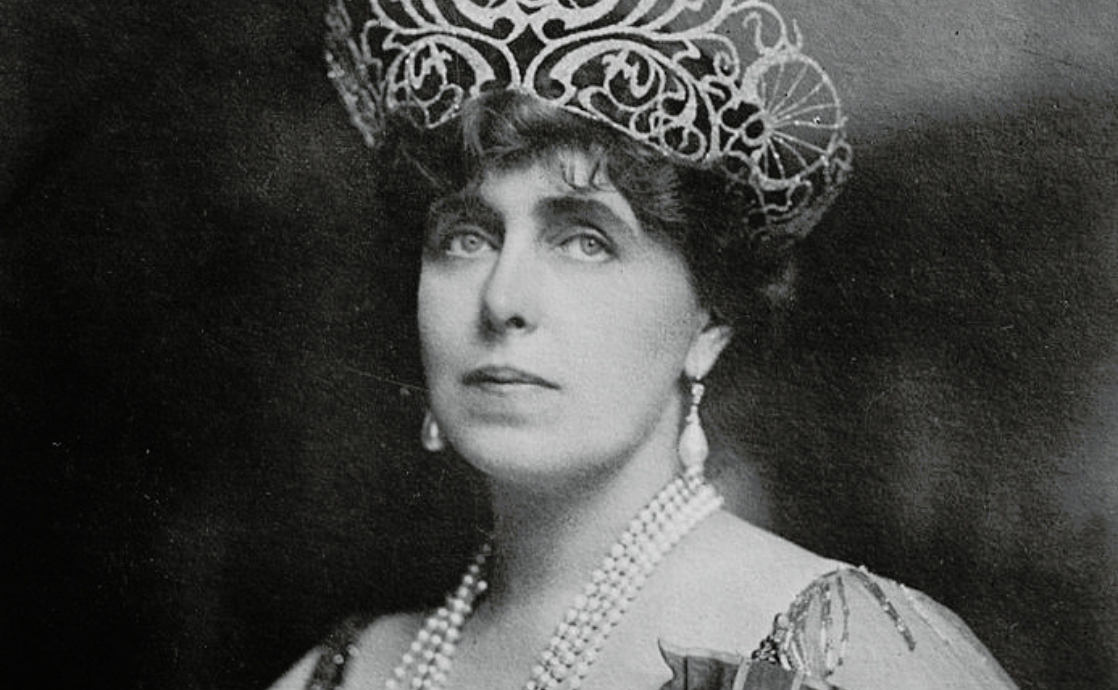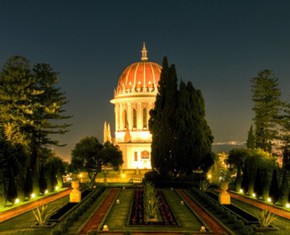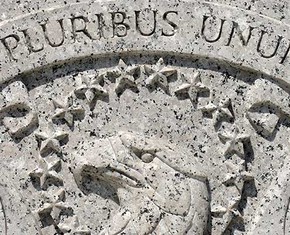The views expressed in our content reflect individual perspectives and do not represent the authoritative views of the Baha'i Faith.
So far in the relatively short history of the Baha’i Faith, the monarchs of two very different nations have become Baha’is.
In this essay and the following one, let’s take a look at the records of those two — a queen and a king — and see if we can assess the policies they each initiated during the time they ruled.
The first Baha’i from a royal family, Queen Marie of Romania, became a Baha’i shortly after her husband King Ferdinand died and her five-year-old grandson Michael ascended to the throne. Before becoming a Baha’i, she and her husband famously led a liberalized Romania that expanded its reach and scope after World War I. Well-known as the real decision-maker in the Royal Couple, Queen Marie led a European nation emerging from its oppressive past into a modern future.

Queen Marie, who was born into the British Royal Family as the granddaughter of Queen Victoria, became one of most popular royal figures in European history; at least partly because of the significant personal risks she and her three daughters took treating cholera victims and the wounded during the World War. Seen in her country, across Europe and in the United States as a particularly effective leader both before and after her husband the King passed away, Marie impressed the suffragettes and women’s equality advocates in the West as “a woman whose wits had devised many a coup d’état, whose brains had thought out many a difficult problem for her people, who had used the gifts given her to further every good purpose.”
Shoghi Effendi, the Guardian of the Baha’i Faith, described (and quoted) her this way:
… possessed of a charming and radiant personality; highly talented, clear-visioned, daring and ardent by nature; keenly devoted to all enterprises of a humanitarian character, she, alone among her sister-queens, alone among all those of royal birth or station, was moved to spontaneously acclaim the greatness of the Message of Baha’u’llah… This illustrious queen may well deserve to rank as the first of those royal supporters of the Cause of God who are to arise in the future, and each of whom, in the words of Baha’u’llah Himself, is to be acclaimed as “the very eye of mankind, the luminous ornament on the brow of creation, the fountainhead of blessings unto the whole world.”
“Some of those of my caste,” she, in a personal letter, has significantly testified, “wonder at and disapprove my courage to step forward pronouncing words not habitual for crowned heads to pronounce, but I advance by an inner urge I cannot resist. With bowed head I recognize that I too am but an instrument in greater Hands, and I rejoice in the knowledge.”
In the first of these testimonies she affirmed that the writings of Baha’u’llah and Abdu’l-Baha are “a great cry toward peace, reaching beyond all limits of frontiers, above all dissensions about rites and dogmas… It is a wondrous message that Baha’u’llah and His Son Abdu’l-Baha have given us! They have not set it up aggressively, knowing that the germ of eternal truth which lies at its core cannot but take root and spread… It is Christ’s message taken up anew, in the same words almost, but adapted to the thousand years and more difference that lies between the year one and today…. If ever,” wrote the Queen, “the name of Baha’u’llah or Abdu’l-Baha comes to your attention, do not put their writings from you. Search out their books, and let their glorious, peace-bringing, love-creating words and lessons sink into your hearts as they have into mine… Seek them and be the happier.”

Her Highness Queen Marie of Romania – despite her pioneering accomplishments as a sculptor, writer, dancer, artist, humanitarian, suffragette, fearless servant of the ill and wounded, diplomat, delegate to the Paris Peace Conference, Princess, Queen and Dowager Queen of her nation – considered her identity as a Baha’i the most important role of her entire life. She wrote:
The Baha’i teaching brings peace and understanding. It is like a wide embrace gathering together all those who have long searched for words of hope. It accepts all great Prophets gone before, it destroys no other creeds and leaves all doors open. Saddened by the continual strife amongst believers of many confessions and wearied of their intolerance towards each other, I discovered in the Baha’i teaching the real spirit of Christ so often denied and misunderstood: Unity instead of strife, Hope instead of condemnation, Love instead of hate, and a great reassurance for all men.
You May Also Like
Comments

















She wrote to Mr. J. Anthony Sistrom on August
7, 1970 as follows: "It is perfectly true that my mother, Queen Marie, did
receive Miss Martha Root several times.....She came at the moment when we were undergoing very great family and national stress. At such a moment it was natural that we were receptive to any kind of spiritual message, but it is quite incorrect to say that my mother or any of us ...at any time contemplated becoming a member of the Baha’i faith.
I would appreciate your thoughts regarding my view. Thank you! -Duncan McDougall